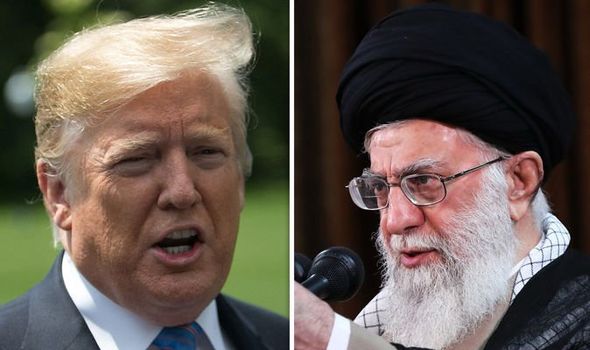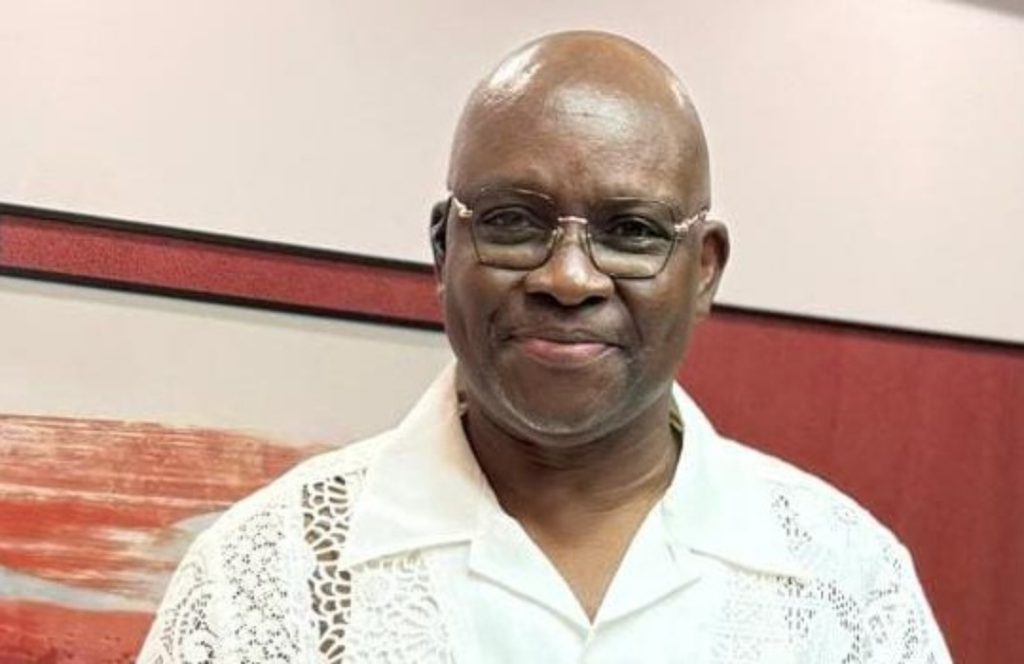In a bid to stabilize the foreign exchange market and strengthen the naira, Professor Uche Uwaleke, an esteemed finance and capital market expert, has emphasized the need for proper supervision of commercial banks and Bureau De Change (BDCs) in Nigeria. According to Prof. Uwaleke, by enhancing the Central Bank of Nigeria’s (CBN) supervisory role in the foreign exchange market, the bank can effectively curb fraudulent practices.
Speaking in an interview with Voice of Nigeria, Prof. Uwaleke asserted that while the CBN may have limited control over the supply side of the exchange rate, it can exert its influence on the demand side. To ensure the prevention of illicit practices, Prof. Uwaleke stressed the importance of proper supervision of banks and BDCs. He proposed that one effective method of achieving this is by reducing the number of BDCs through policies that encourage mergers and acquisitions, rather than shutting them down.
Prof. Uwaleke emphasized the necessity of implementing a higher minimum capital requirement for BDCs as a means to reduce their number and enhance their supervision. By increasing the capital base or requirement of BDCs, many will be compelled to merge or become viable candidates for acquisition. Ideally, reducing the number of BDCs from over 5,000 to a more manageable quantity of approximately 1,000 would enable the CBN to strengthen its supervision over them.
Furthermore, Prof. Uwaleke encouraged the CBN to renew the currency swap deal with China. Given that China is a significant trading partner of Nigeria, renewing the currency arrangement would help alleviate the demand pressure on the dollar. This move is especially relevant since most imports in Nigeria are sourced from China.
On the supply side of the foreign exchange market, Prof. Uwaleke advocated for the continuation of the RP200 Program initiated by the previous Governor of the CBN. The program aims to attract more investment into the country and boost foreign exchange earnings. Prof. Uwaleke suggested that the current CBN management, in collaboration with the federal government, should prioritize banking supervision and work together to combat inflation.
However, Prof. Uwaleke emphasized that tackling inflation should not solely be the responsibility of the CBN. To address inflationary pressures effectively, the new CBN governor should work hand in hand with the Finance Minister and the Coordinating Minister of the Economy. Inflation in Nigeria is primarily driven by factors such as food shortages caused by insecurity and high transportation costs, which are beyond the control of the CBN. Structural issues and supply-side problems are matters that fall under the purview of the fiscal authorities, rather than the monetary authority.
In conclusion, Prof. Uwaleke recommended that the new CBN management consider pausing the rate hike and adopt a growth-oriented monetary policy that promotes lower interest rates and greater access to credit. By creating a favorable environment for businesses to access credit, the economy can experience growth and development. The combined efforts of the CBN and the federal government are crucial in achieving these objectives.



